Facing a potential problem and getting sober is not an easy choice, but for millions of people each year it's a necessary one. I reached out to people who were recovering from addiction and asked them to be involved in a piece about their experiences with finding strength in sobriety. Addiction does not have to be the end of the road — it can actually be a life-changing beginning.
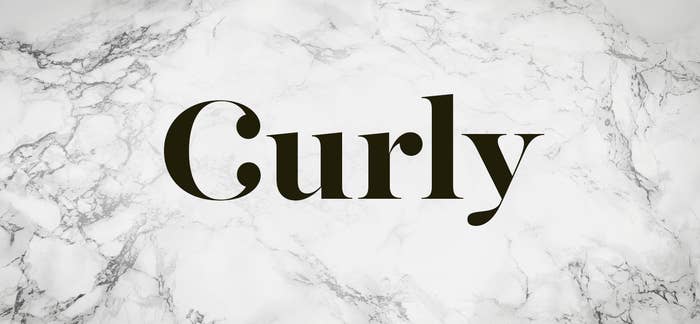
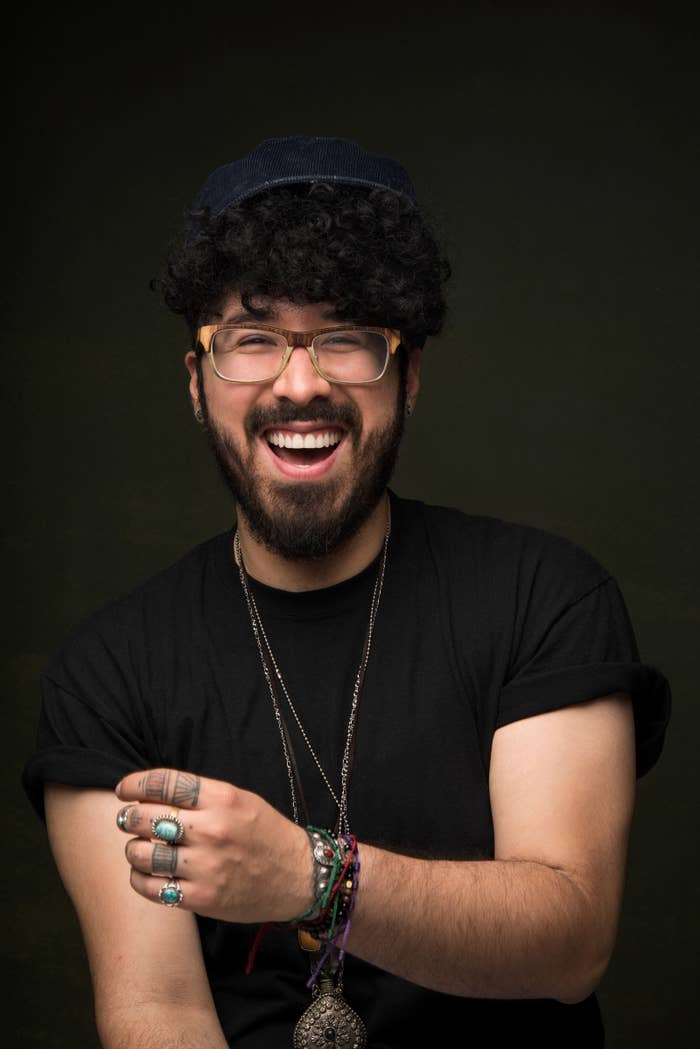
Sobriety has changed my life. It’s hard for me to describe it without closing my eyes and getting a little emotional. It has changed every part of my being, the way that I move and the way that I communicate. And the way that I experience things, the way that I cultivate my relationships with people. The way that I decorate myself. It has changed everything for the better. I get to live with both sides of me, the ugly and the good. I can maneuver things and figure out what’s a good decision for me. The gray area just kind of becomes a little less. There’s a whole world that is so celebratory and celebrates you finding your truth. It’s a thing where you’ll say, “I’m a month sober,” and people will be like, Congratulations! That’s big. Or, like, four days sober. I’m like, That’s so major. Good for you. There’s this whole movement of people.
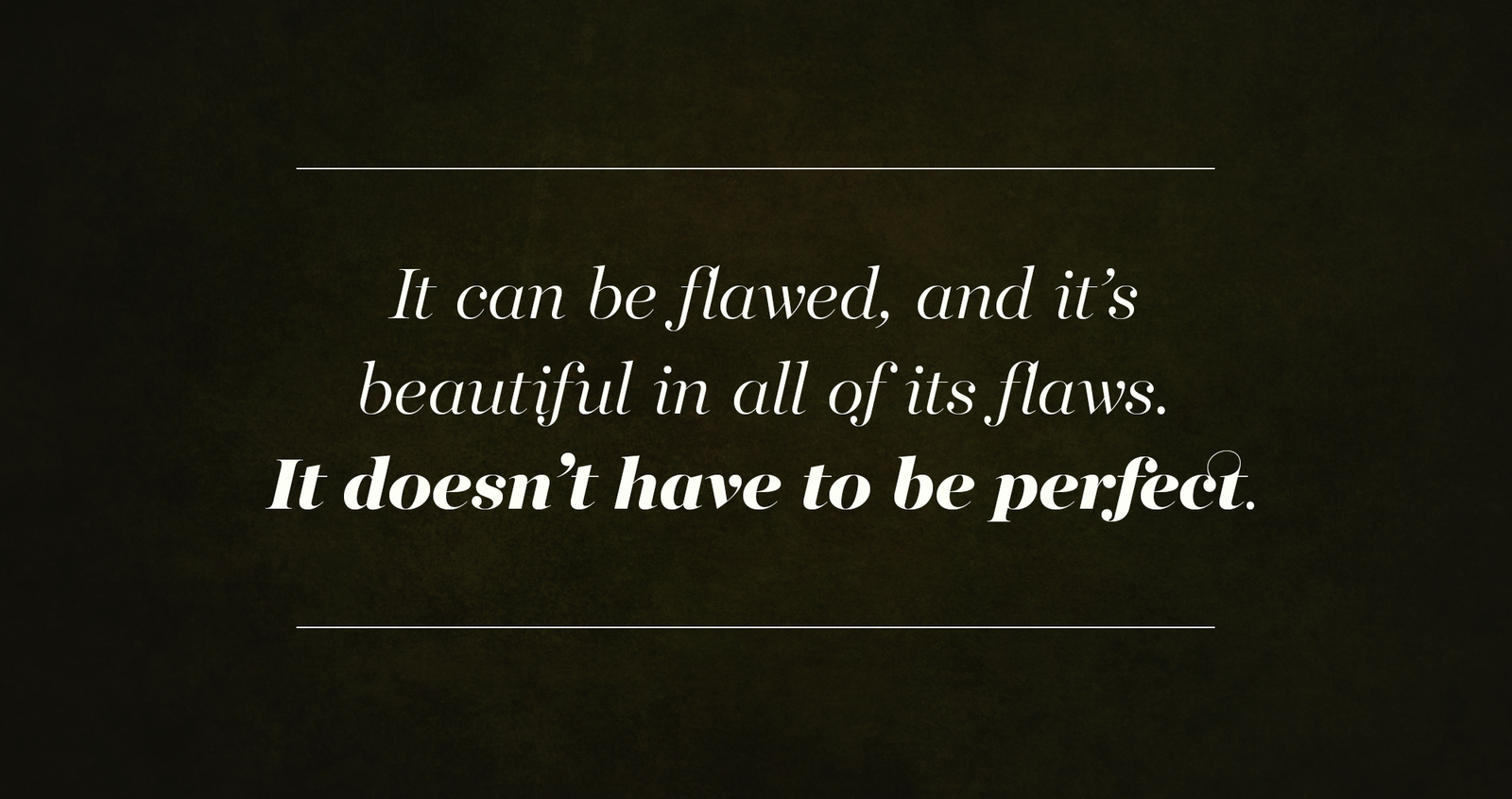
People assume that I’m this gay guy with big hair and big rings and big jewelry and I’m sassy and on top of it and confident. And I’m like, That all takes a lot of work. And it comes from being vulnerable and being OK with being vulnerable. And understanding my flaws and moving forward with them and being like, This is what I am. This is really who I am. I also want to show people that you can be dealing with an addiction and struggling with it and still be a part of society. It doesn’t make you any less “cool” — it doesn’t take away from that. I want to show people a different side of it. It’s kind of fun to have your shit together! It’s kind of great to be like, Wow, I’m not hungover! You can be suffering and still move forward. It can be flawed, and it’s beautiful in all of its flaws. It doesn’t have to be perfect. —Curly
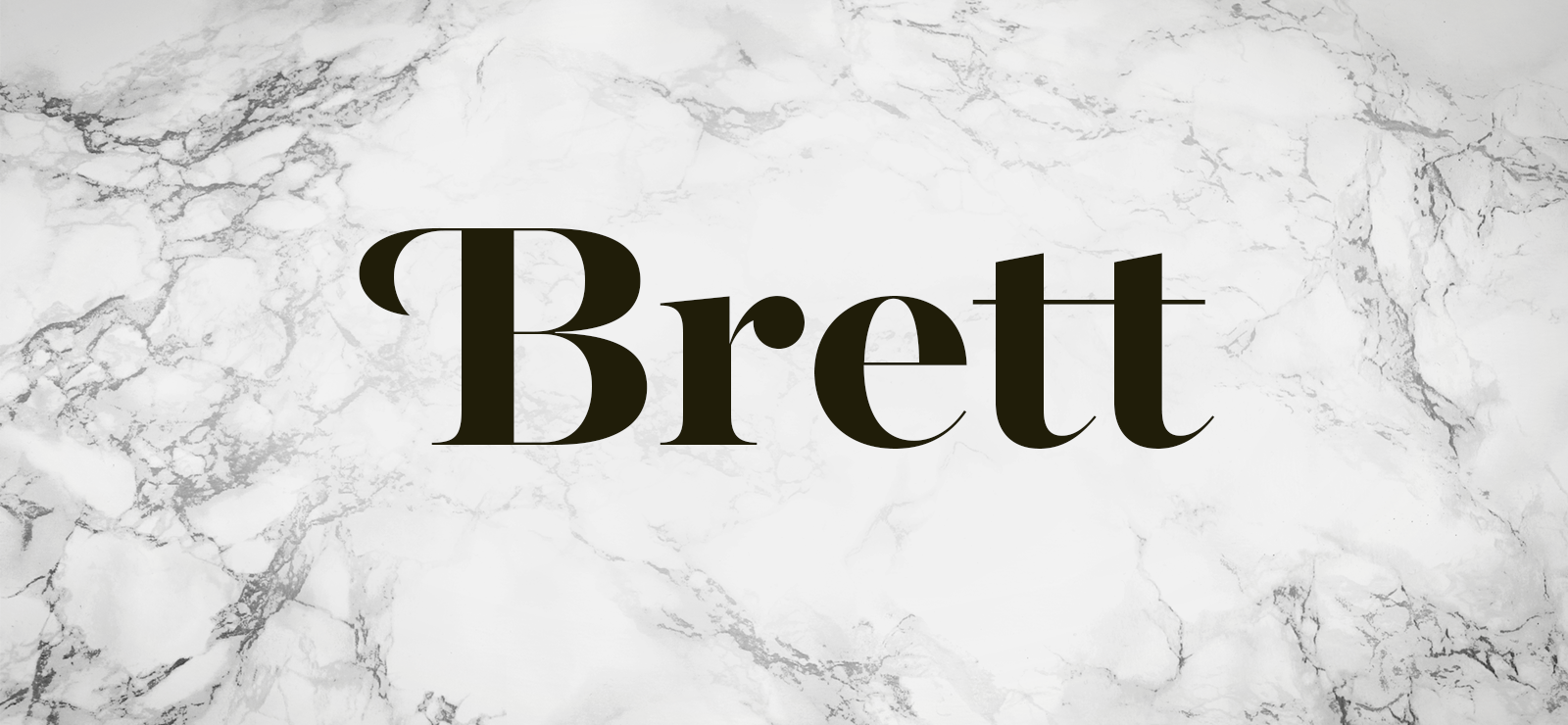
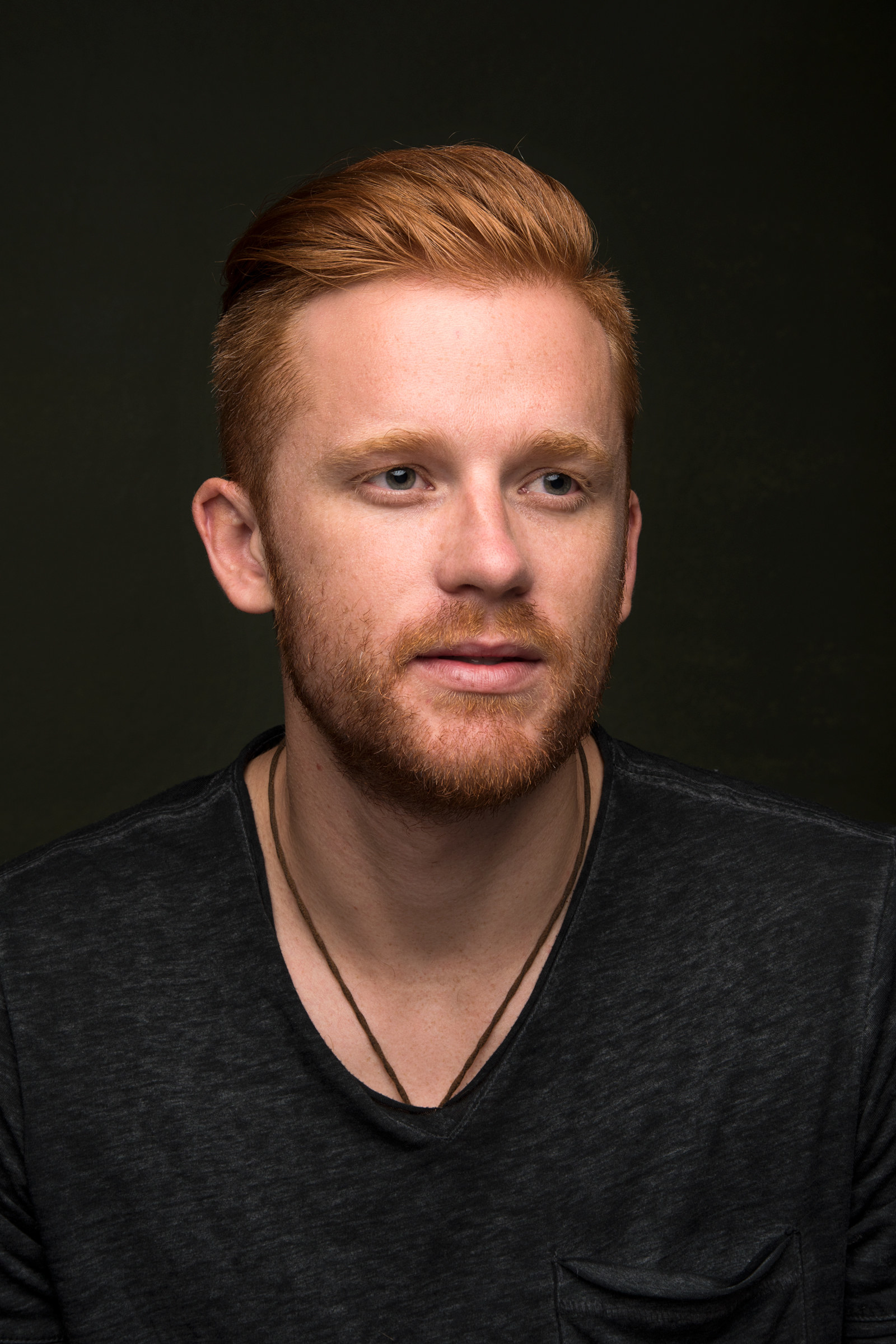
I never really felt like I had a choice in social situations or the people I was around. I couldn’t really sort through who I actually wanted to be around because I felt like I was just along for the ride and I wasn’t really in charge. When you’re an alcoholic and you’re not sober, you feel trapped. It was just one blackout after another, messing up relationships, apologizing for things. And it was pretty much that way for 10 years. I look back and am amazed at how long I was OK with settling for that life.
My friends right now wouldn’t tolerate me drinking — it would be very strange for them. Nobody would be OK with it. That also is a product of the way you are finally able to filter out people in your life who aren't very supportive and aren't very healthy for you. Those people kind of drop away as you get sober and now I’m left with the good people in my life. And that’s a continual process your whole life.
I think it’s important to be proud of being sober and to share your story. Just like I talk about anything else going on in my life, this is a part of me. There are a lot of things I love in this world and sobriety is one of them, so I like to talk about that very openly. I don’t think it’s for everybody and I totally respect that. But for me, I think it’s important as a sober person to share this experience and how good it can be. Because a lot of people think we just kind of hide, like you get sober and then you’re just detached from the rest of the world. And I don’t want people to think that — that’s not sobriety to me and is certainly not my experience. I feel more connected with myself and with others than I ever could have imagined.
For me, it was a complete restart of my life. I’m seeing things in new ways — I go back to old locations and old friendships and old relationships and I’m just experiencing them in entirely new ways. And it’s so refreshing to be able to be completely present for the people and experiences that I wasn’t for so long. —Brett
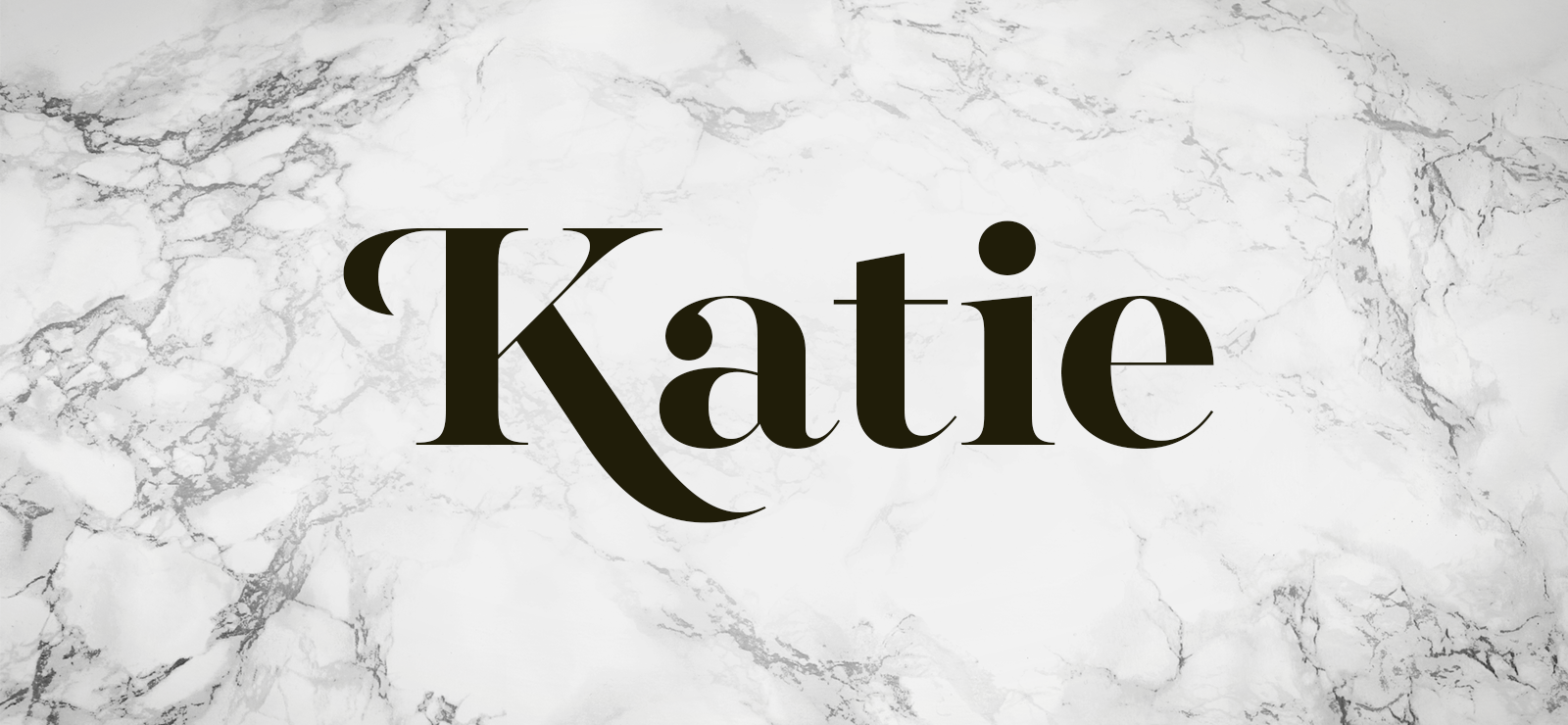
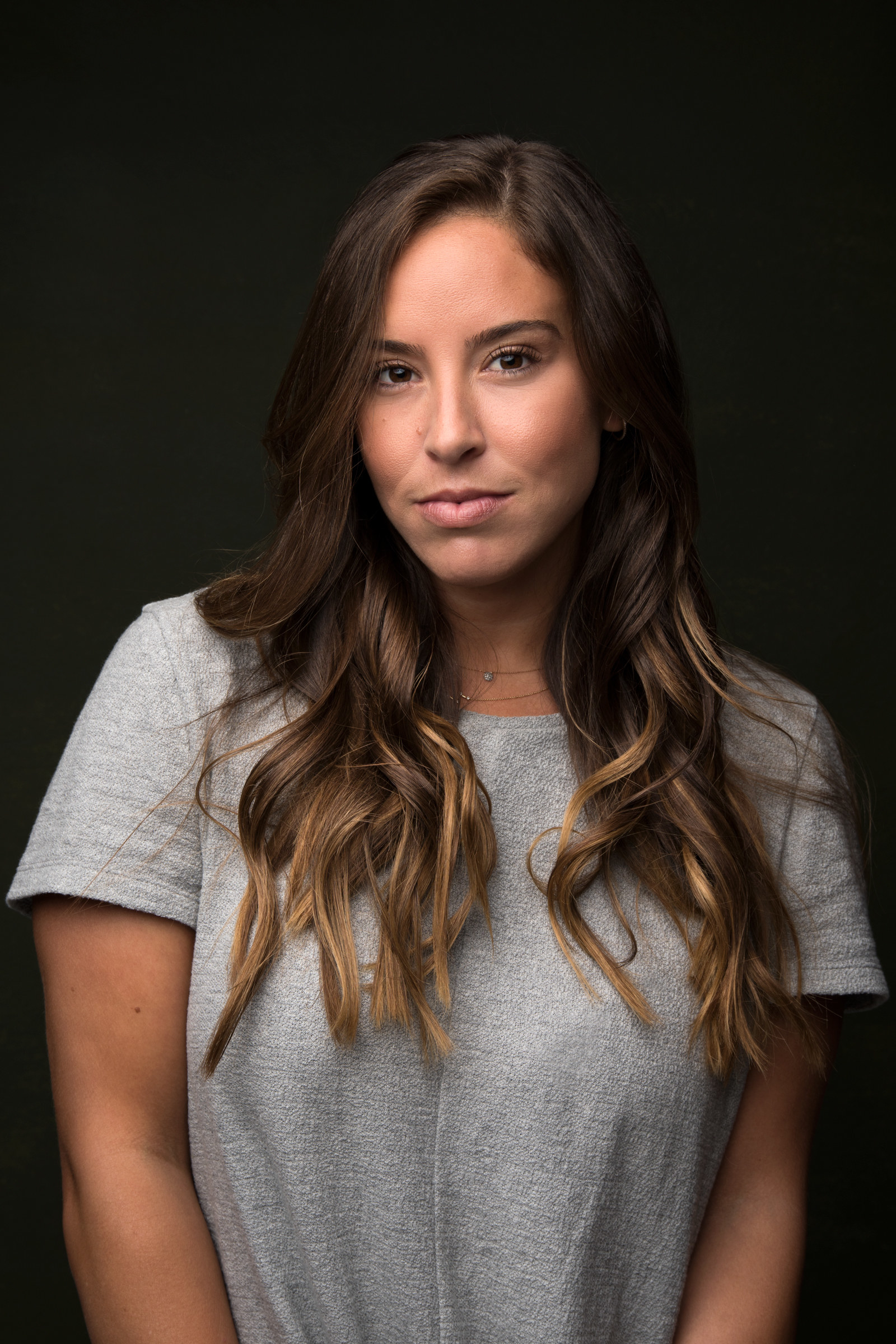
I got sober two months after my mom died very suddenly. I’ve dealt with a lot of grief in my sobriety but I haven’t picked up a drink, and I think it’s because for some weird reason it feels better walking through it and feeling everything. And thank god I have this foundation and structure that’s keeping me afloat. I mean, it saves me. I wish that everyone could have these tools.
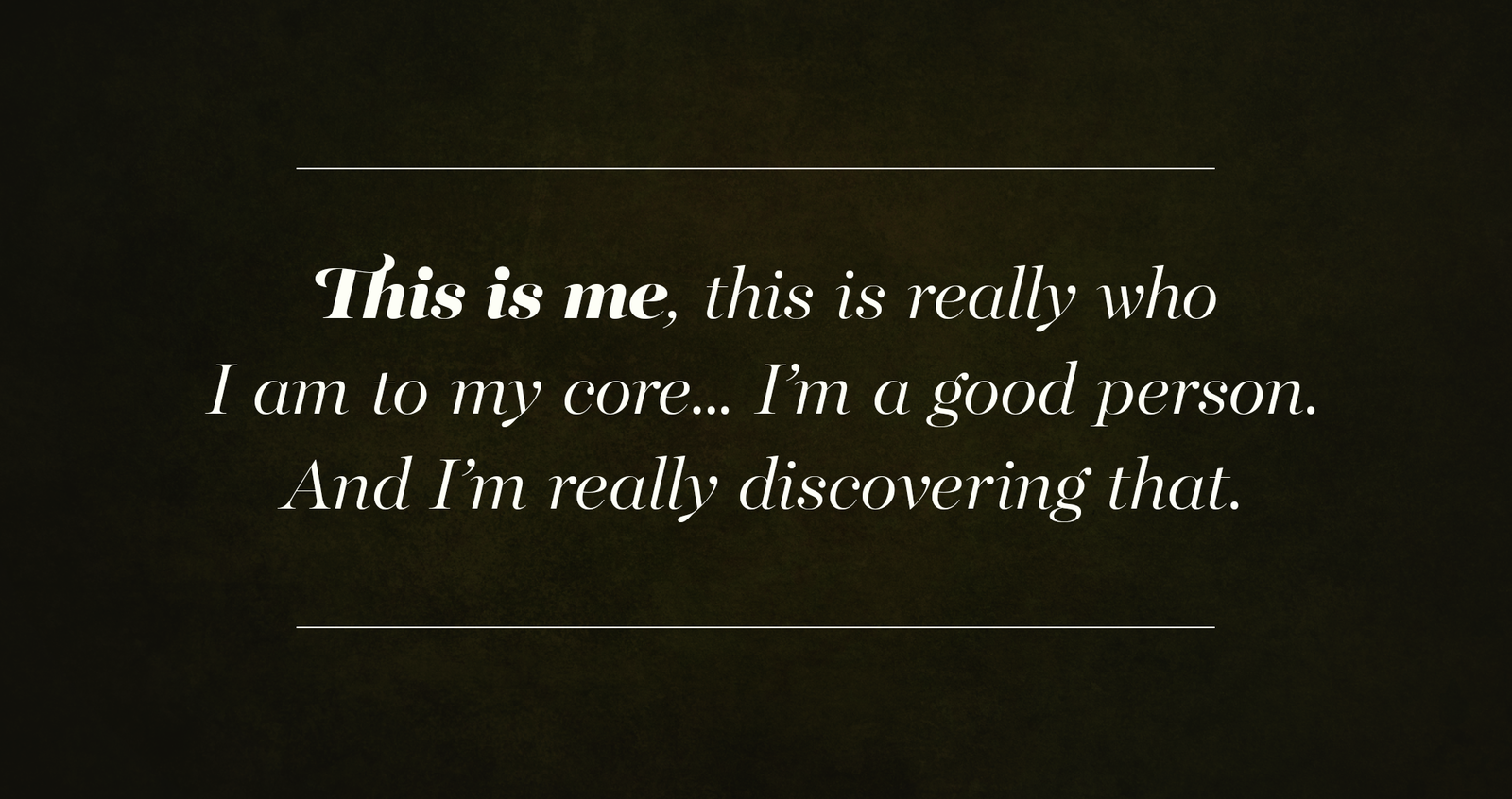
Since I got sober, I also cry all the time, I’m just completely raw. And when I’m upset, I need a moment to process my feelings and then I’ll talk about it. Before, it was like, Fuck you, you’re an asshole, this is over. Stuff like that. A big part of it is tackling life in a new way. This is me, this is really who I am to my core. Like, I’m a good person. And I’m really discovering that. Personally, I am proud of my sobriety. I think it’s the biggest accomplishment of my life and maybe the only thing that I’m really proud of. And I think others shy away from it, they don’t want people to know. I don’t know, it’s like their secret. For me though, my sobriety is me. It makes me who I am. —Katie
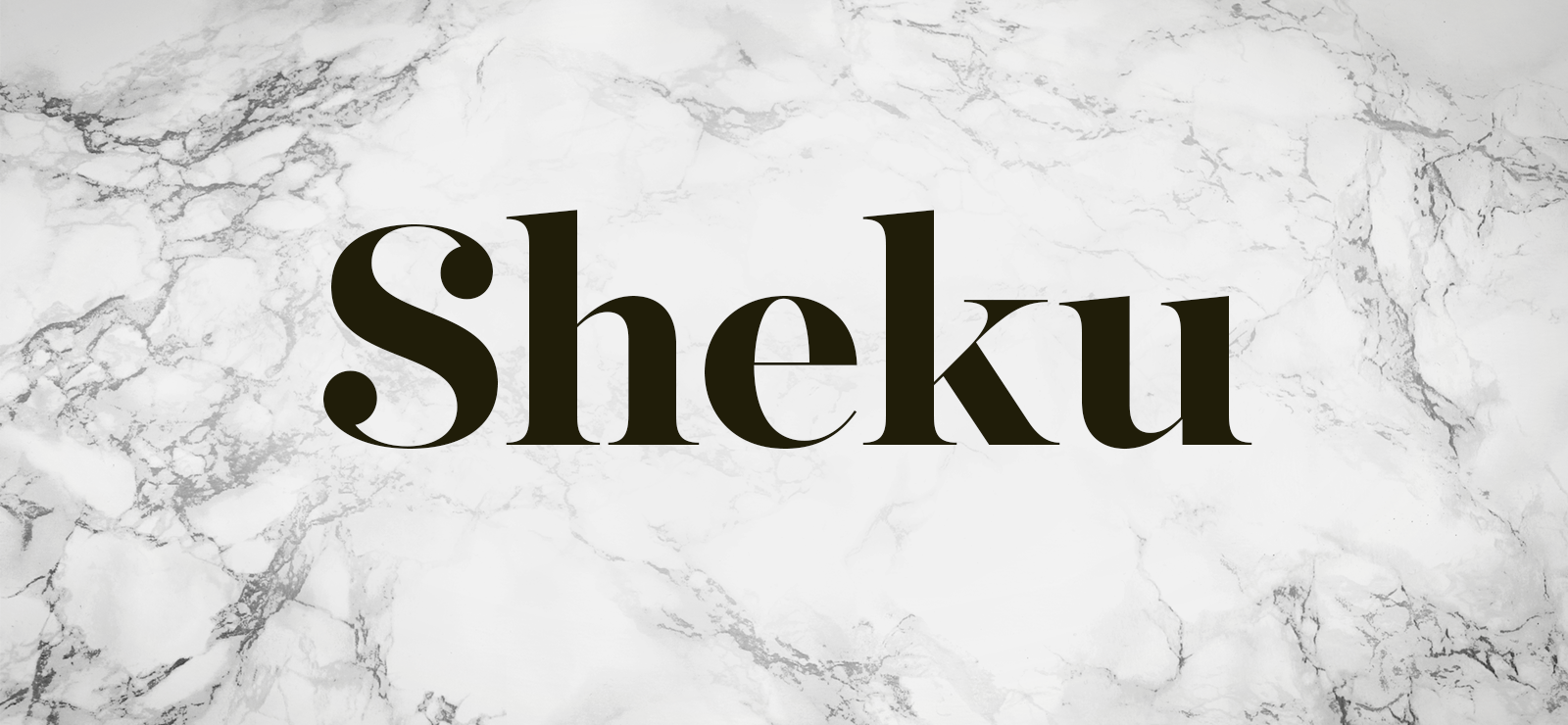
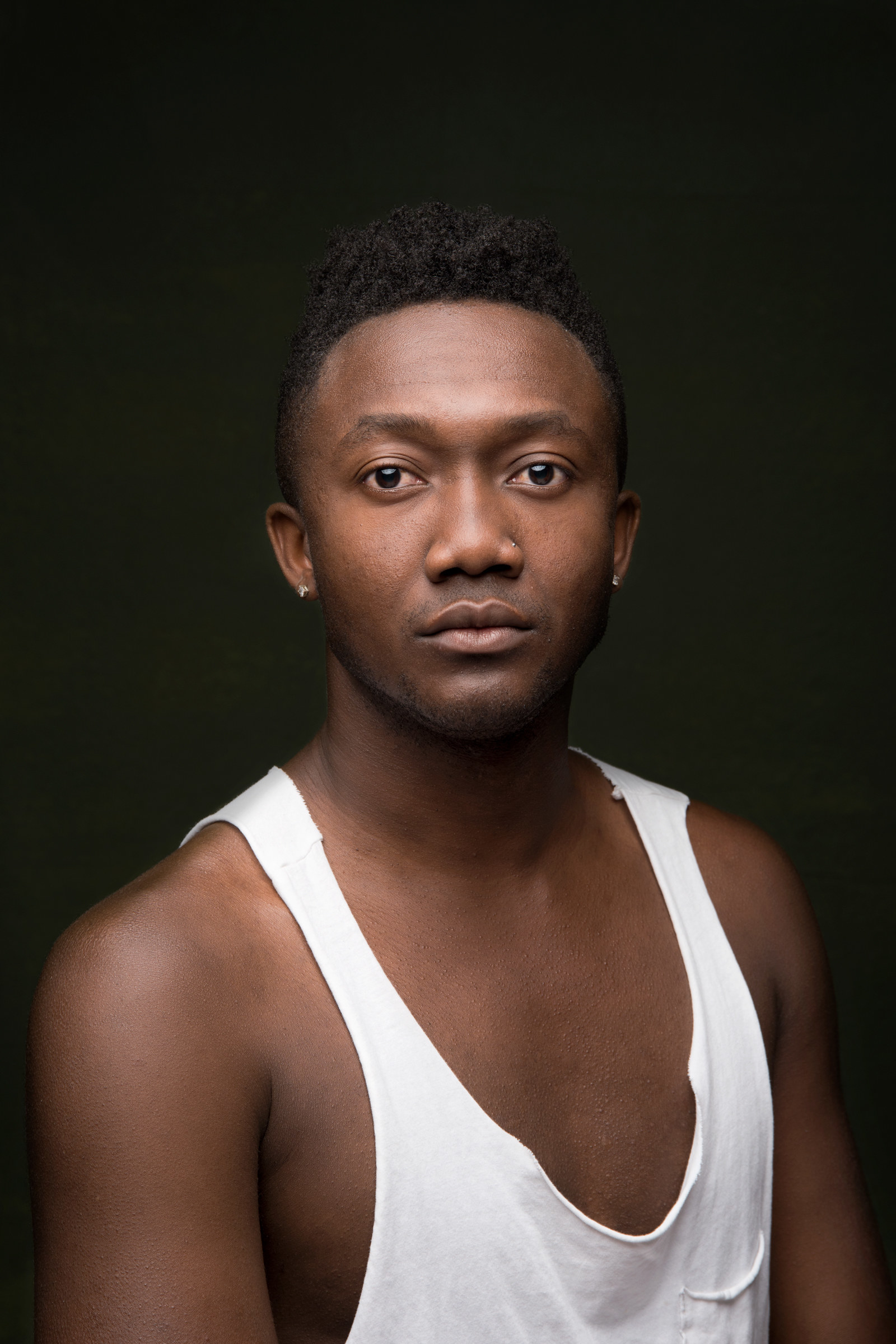
Before I got sober, I remember thinking that sober people were boring. I thought sober people didn’t go out, that they didn’t do anything, and I was honestly weirded out by people who didn’t drink. I think it’s important for people to know that just because I’m sober doesn’t mean I’m dead. I go out dancing, I’m 100% me, I can literally do everything I did before except I just don’t drink. In sobriety I’ve been around all this stuff and I think that’s one of the things people cast a stigma on. We’re not dry, boring people.
One thing I’ve learned is that we are all connected. I have so much support from my family and the people I’ve met and I’m not alone in this. This change I decided to make in my life has made it completely better. It’s not flowers and sunshine all the time, there are days when I’m like, fuck, I can’t handle life. Just like the rest of the world. But I know that I have this support around me that I can go to with my problems. And again, we’re sober — we’re not dead. We’re here. There is a whole community of people who support one another and love one another like a family, unconditionally. Regardless of who you are, what you look like, what you do, your skin color. It doesn’t matter. There is a better way to live. —Sheku
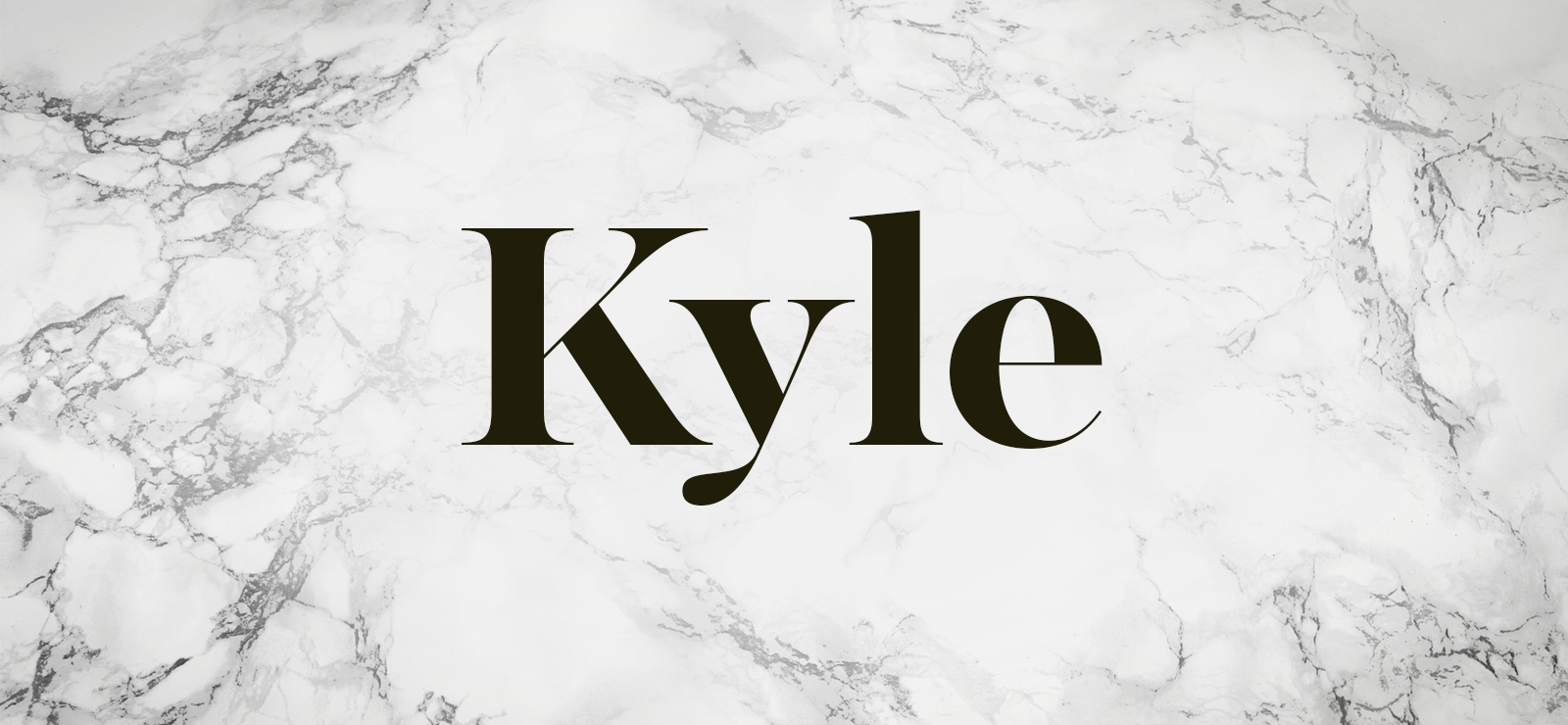
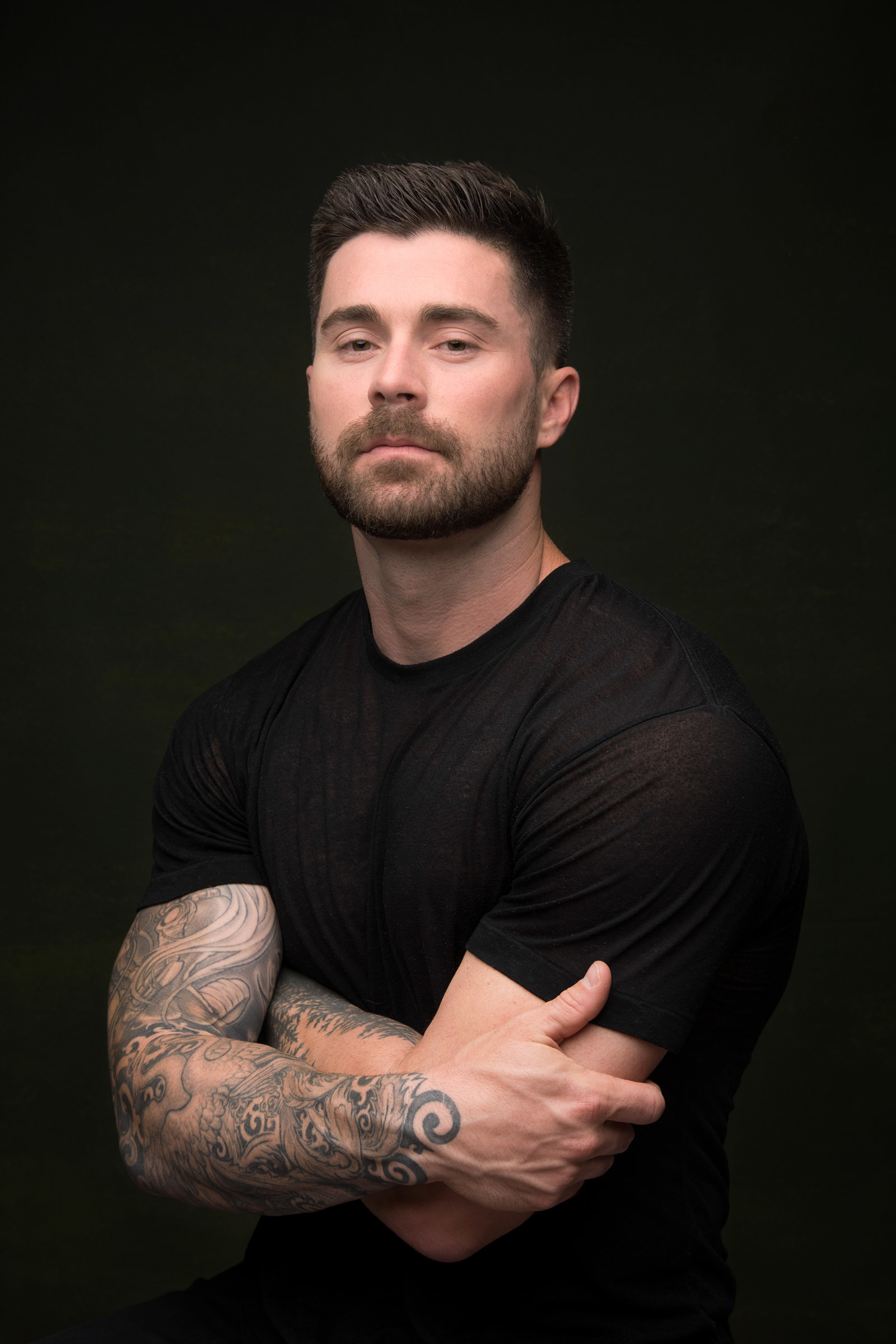
It’s like rolling hills for me. I paint this picture where I got sober and then my life was great. And that’s true, partially. I did get sober and my life did get better because it was so low and dark. But that doesn’t mean that it’s perfect. What it looks like for me is that I now have tools to be a normal, decent human being, which I wasn’t before. So sobriety for me is like a bridge back to a normal life. It’s not my whole life, but it can be a bridge to where I can reconnect with people in society and I can reconnect with friends and family and use tools that I’ve learned to engage with another person. Caring less about yourself and caring more about helping others. Having some small impact on someone else’s life.
You can either be open about it or be closed off about it and keep it to yourself. And that’s what I did when I was drinking: I’d sit in my room home alone. Even when I was out, I’d be in the corner by myself just drinking to isolate or build a wall up.
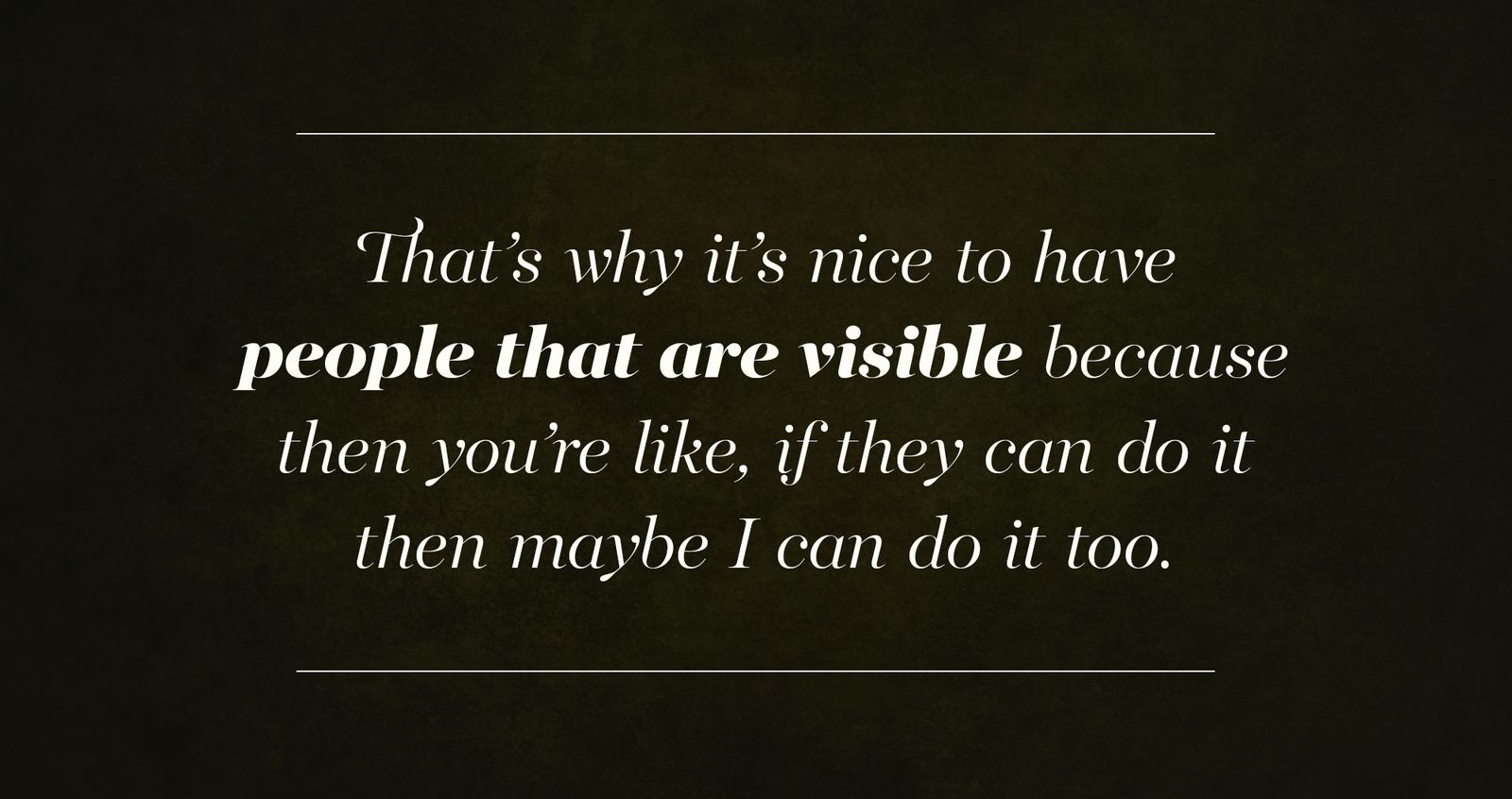
Maybe what I want to do is keep to myself and hide and not talk to anyone about it. But that got me nowhere but the bottom. So then I decided to say, look, there are other people that are still suffering, so why not just talk about it? Maybe I’ll yield a different result in the end if I take different actions. So that’s why I am so vocal about it. I do it for myself because it helps me feel better and heals me to share and talk about it. But I also do it in case other people don’t want to feel alone. Maybe it will remove some stigma if there is someone in the public eye talking about how you can recover from alcoholism and how allies can help their family members recover. You don’t have to do it alone. Yeah, it’s scary and terrifying and you don’t know what to expect so you feel alone in the beginning. That’s why it’s nice to have people who are visible because then you’re like, If they can do it then maybe I can do it too. —Kyle
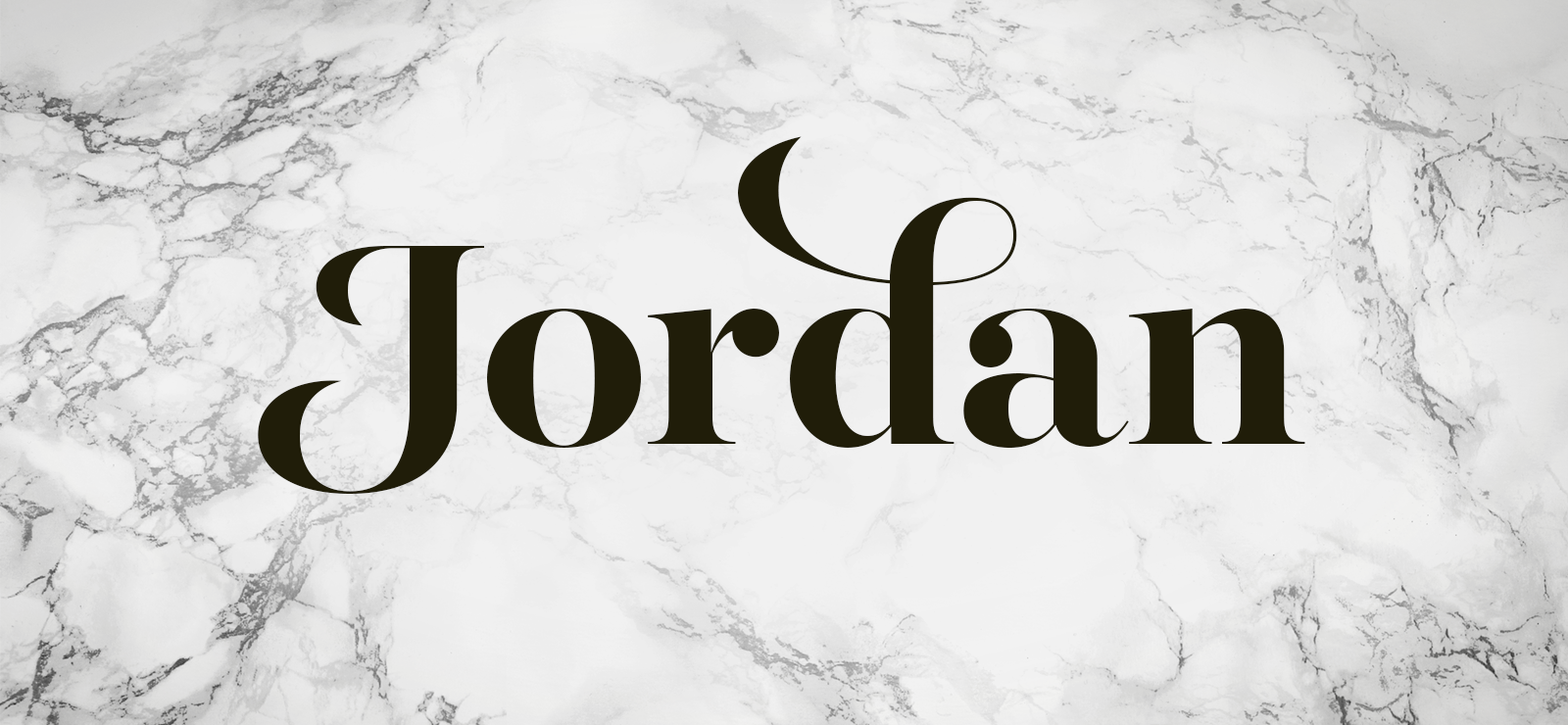
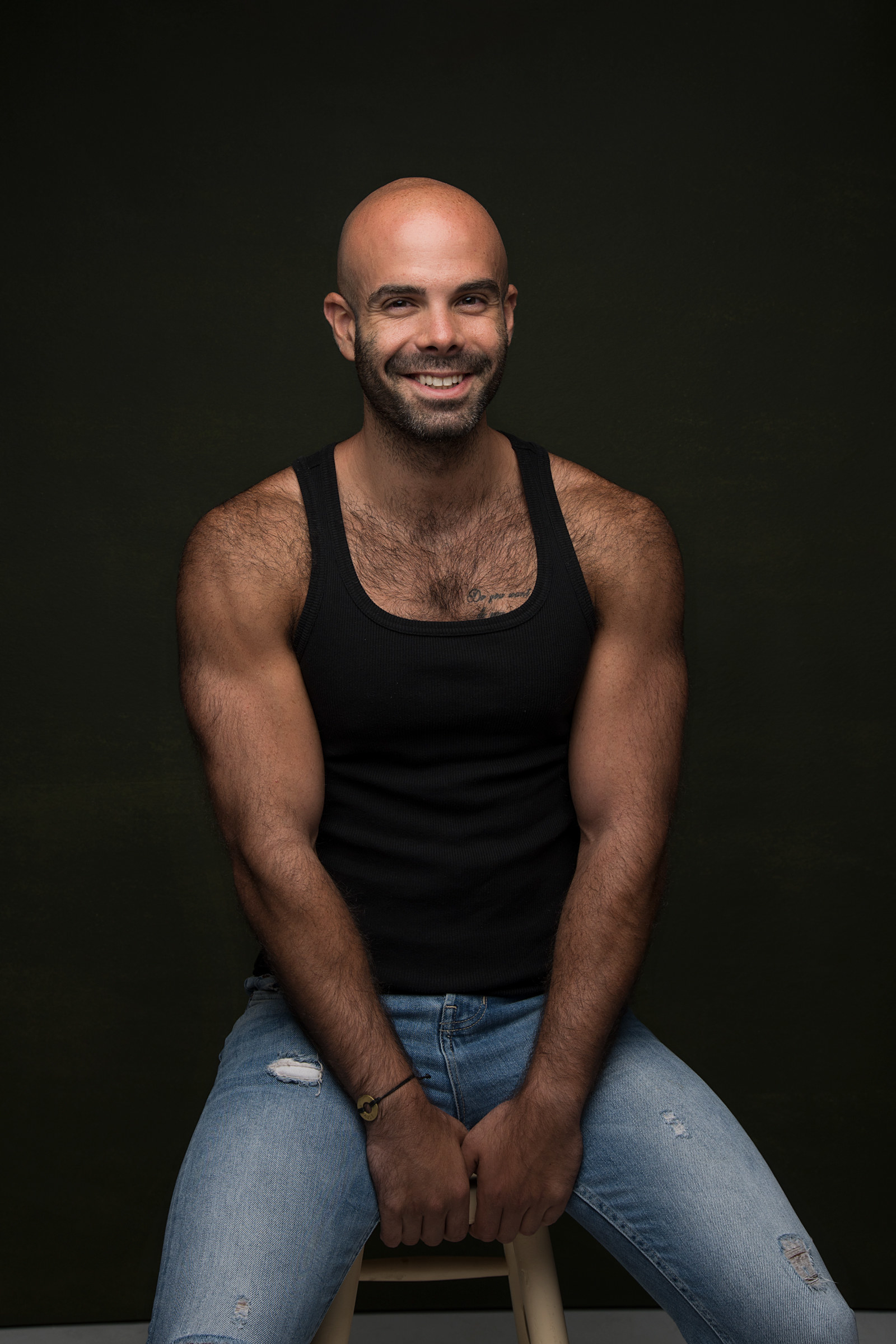
I was very public about my drinking, so why not be public about the fact that I’m sober and don’t drink? I think that’s an interesting take on it. In the very beginning I was super loud about it because I needed to be. Like, if I own it then you can’t judge me for it. If I own my sobriety then your judgments on it don’t matter.
I can’t tell you how many messages I got in the beginning from people who told me how I’ve inspired them to maybe not get sober but to live their best life. Or telling me that they’ve had family members who have died from this or are struggling, and when they see me succeeding with it, it gives them hope that their family member or friend can succeed. Because I didn’t see that in my life. And that was really eye opening. Being sober doesn’t mean your life is over. Many times when we see posts about sobriety, it’s always famous people or before-and-afters of people being a mess and then cleaning up their lives. It’s not like, hey, these are real people and they just do it every day. It’s not like, hey, I’m normal and I have to do this the exact same way you would if you had to do it.
My birthday card from my grandma said, “To someone who shows up.” First of all, I never would have had a birthday card before. And second of all, it never would have said that. When I had my birthday dinner in New York, someone said that after I got sober, they started to get the best version of me. Every person has qualities that aren’t great, but now they get to see me, the best version of me, without all the extra stuff. I feel like I get to be the friend that I want to be. I feel like I show up for people now, and it’s huge. I get to be present. I get to ask how you’re doing today, and really care about how you’re doing today. I want to be an example, for everyone. And I just don’t want to let people down anymore. —Jordan
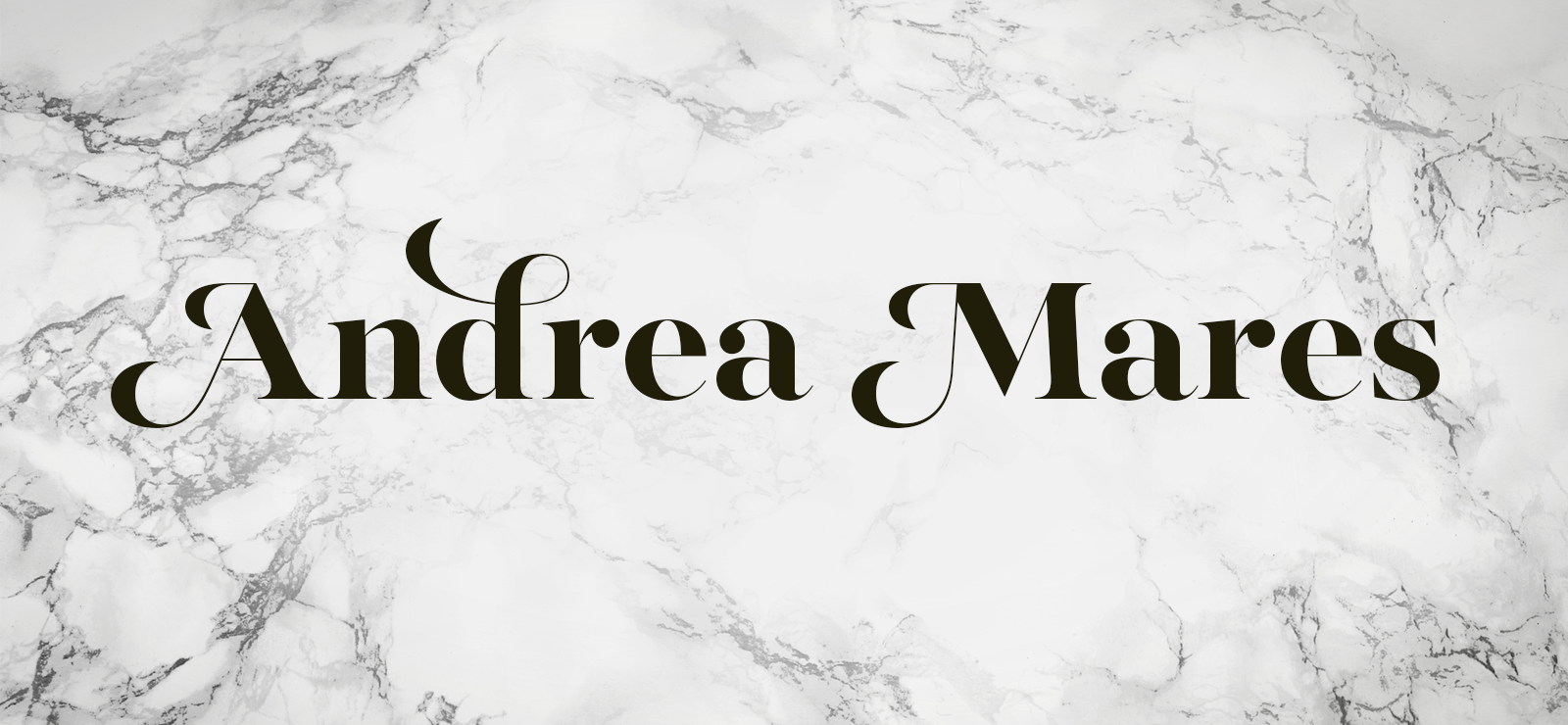
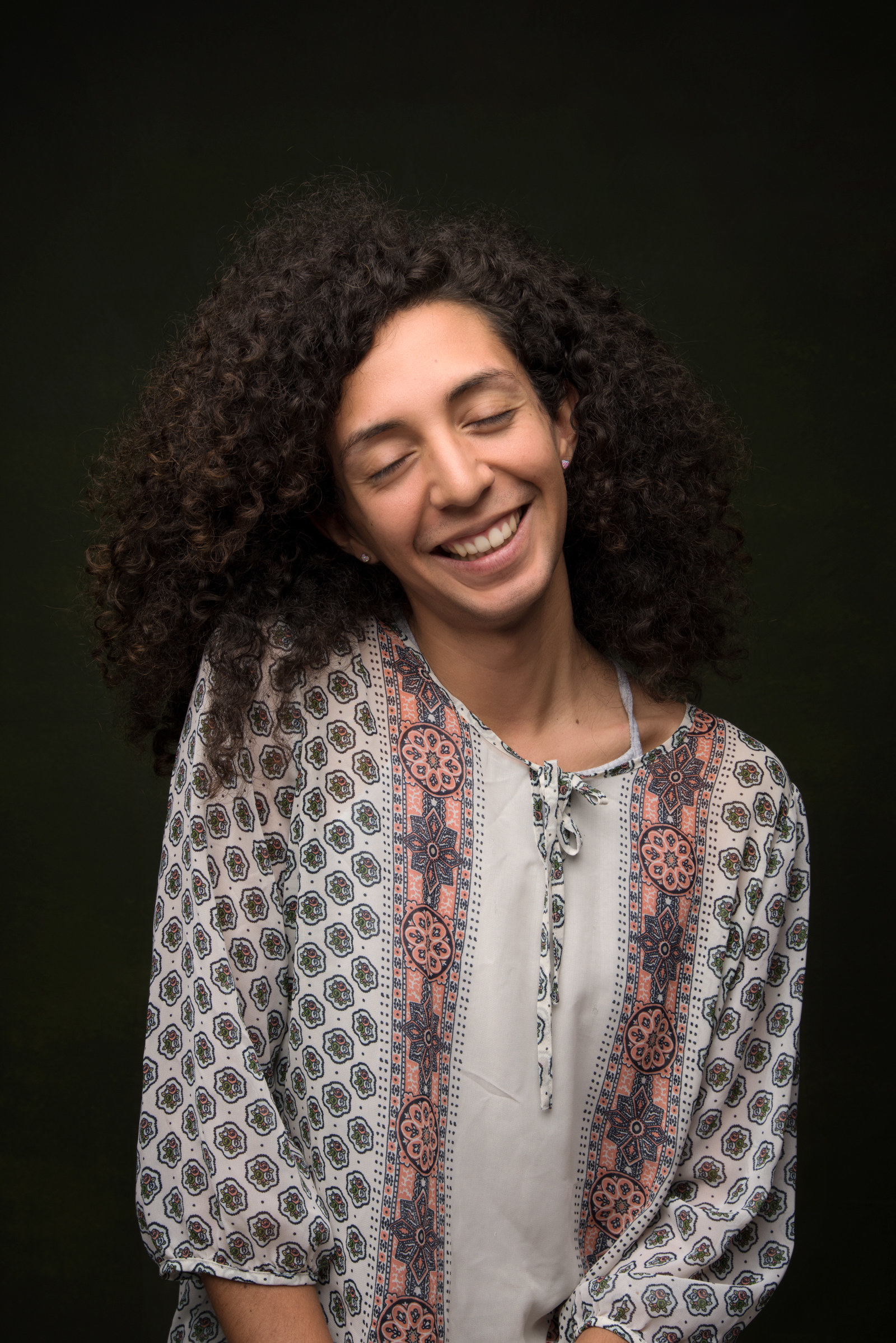
I can share my experience as much as I want, but it’s not normalized. And I think that’s what putting something out in the media does. It puts it into the public eye and passes a value judgment on it and says this is good or this is not good. And most recovery stories are through the lens of rehab, where you might not get to see the beautiful life that you find in sobriety. And the fact of the matter is that now I don’t have the option to run away or not pay attention to something that’s bothering me. I have to be present and I have to self-reflect and commit to being a better person for the people around me. Alcoholism is a disease that affects relationships, not just the person suffering. It’s about you learning how to regrow relationships and care for other people, including yourself.
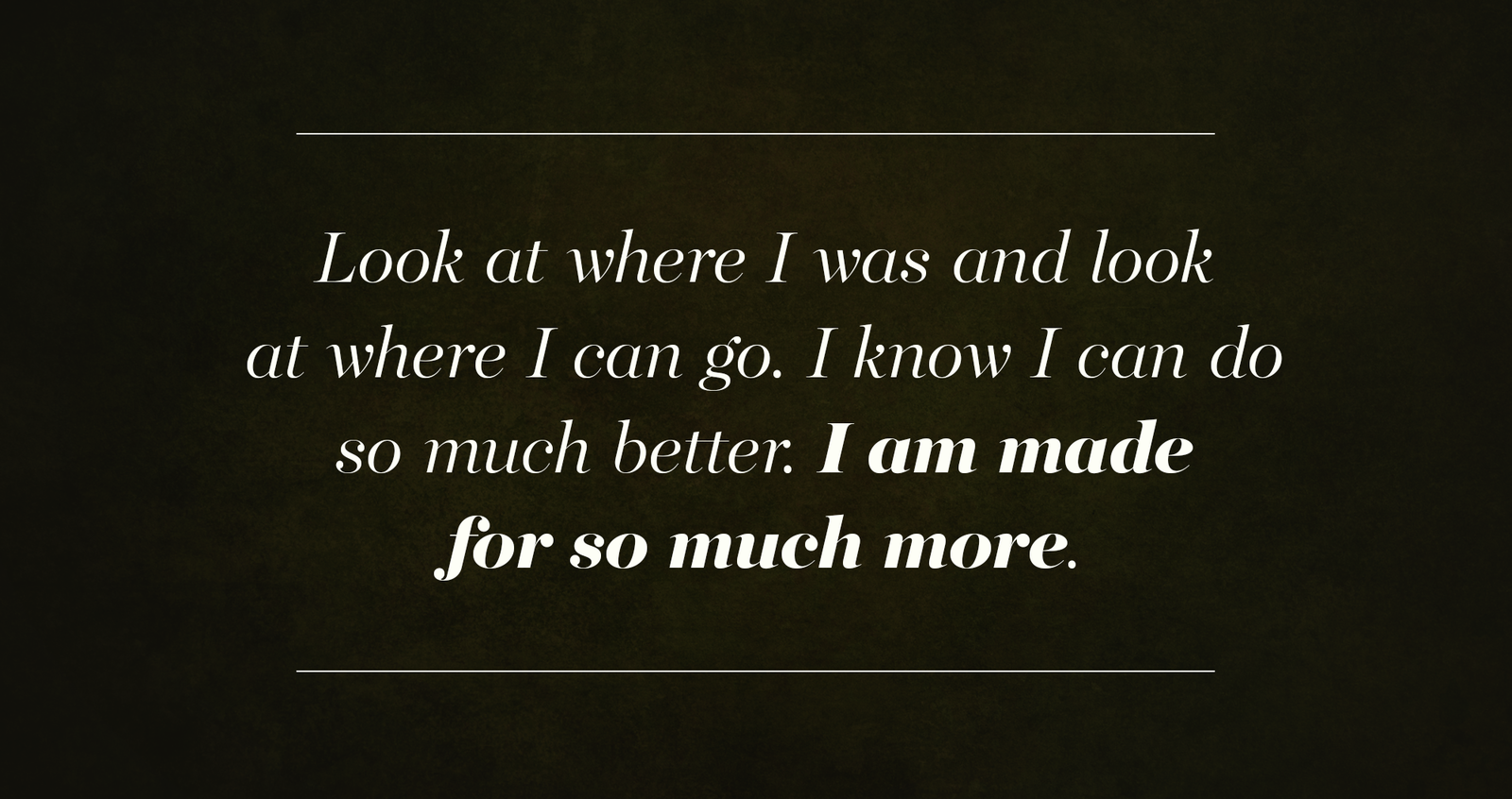
I realize that I don’t give myself enough credit. I’m five months sober and I’m also transitioning. I am coming out to family members and really re-creating myself in the fullest extent possible. When a person transitions, it’s like rebirthing a human. You have to find yourself again. And my relationship with myself has gotten so much deeper, there’s so much more to me. The fact that I’m still breathing, that I’m still here... it’s really easy to write off the big things and focus on the small things. And the more that I honor the value that I’m bringing to people’s lives, the easier it is for me to stop making bad decisions. It’s been very centering and very sobering — that’s the best word I can use. Sobriety means clarity. Clear mind, level-headed, not clouded.
Now that I don’t have substances to cloud my judgment and I’m seeing myself for who I really am, it’s really disheartening sometimes. But it’s also very inspiring. Like, look at where I was and look at where I can go. I know I can do so much better. I am made for so much more. —Andrea Mares
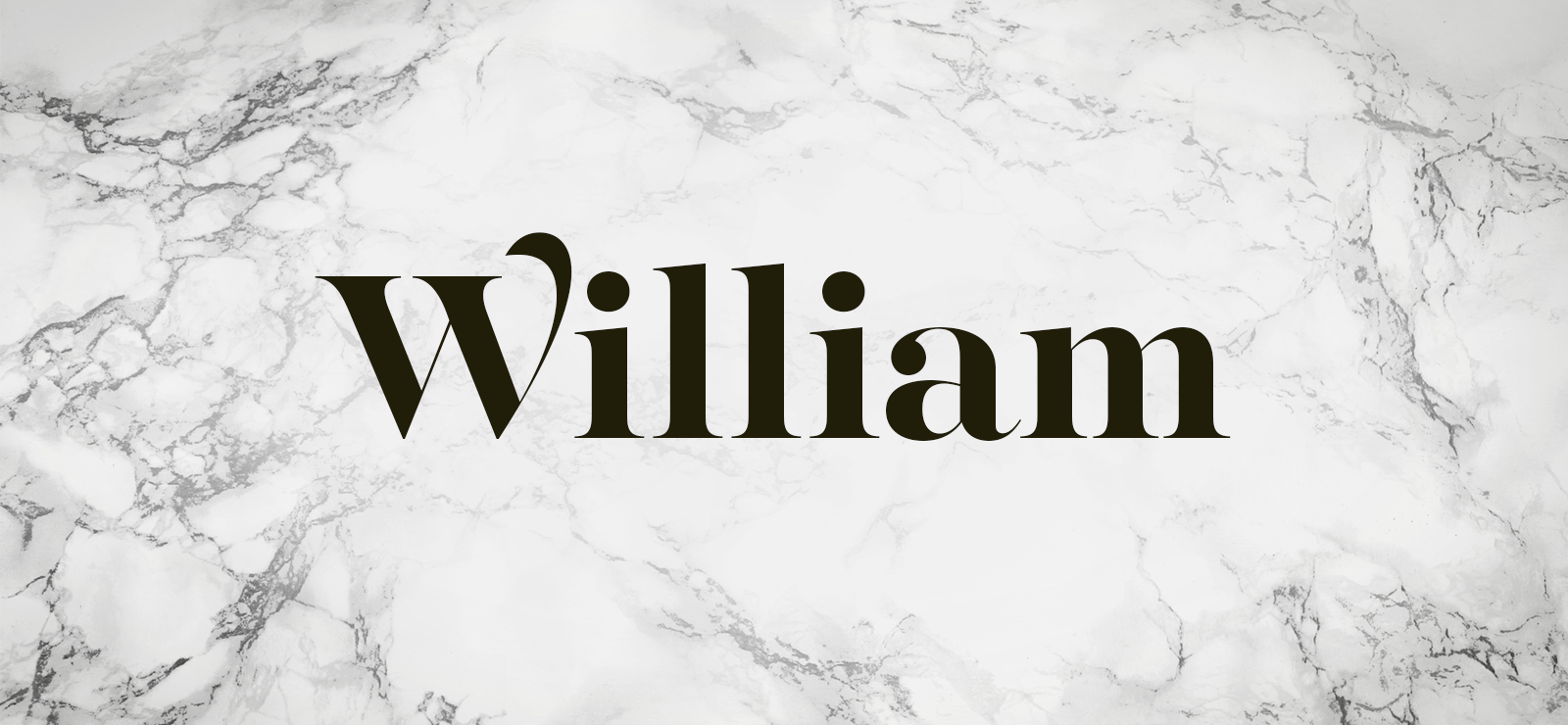
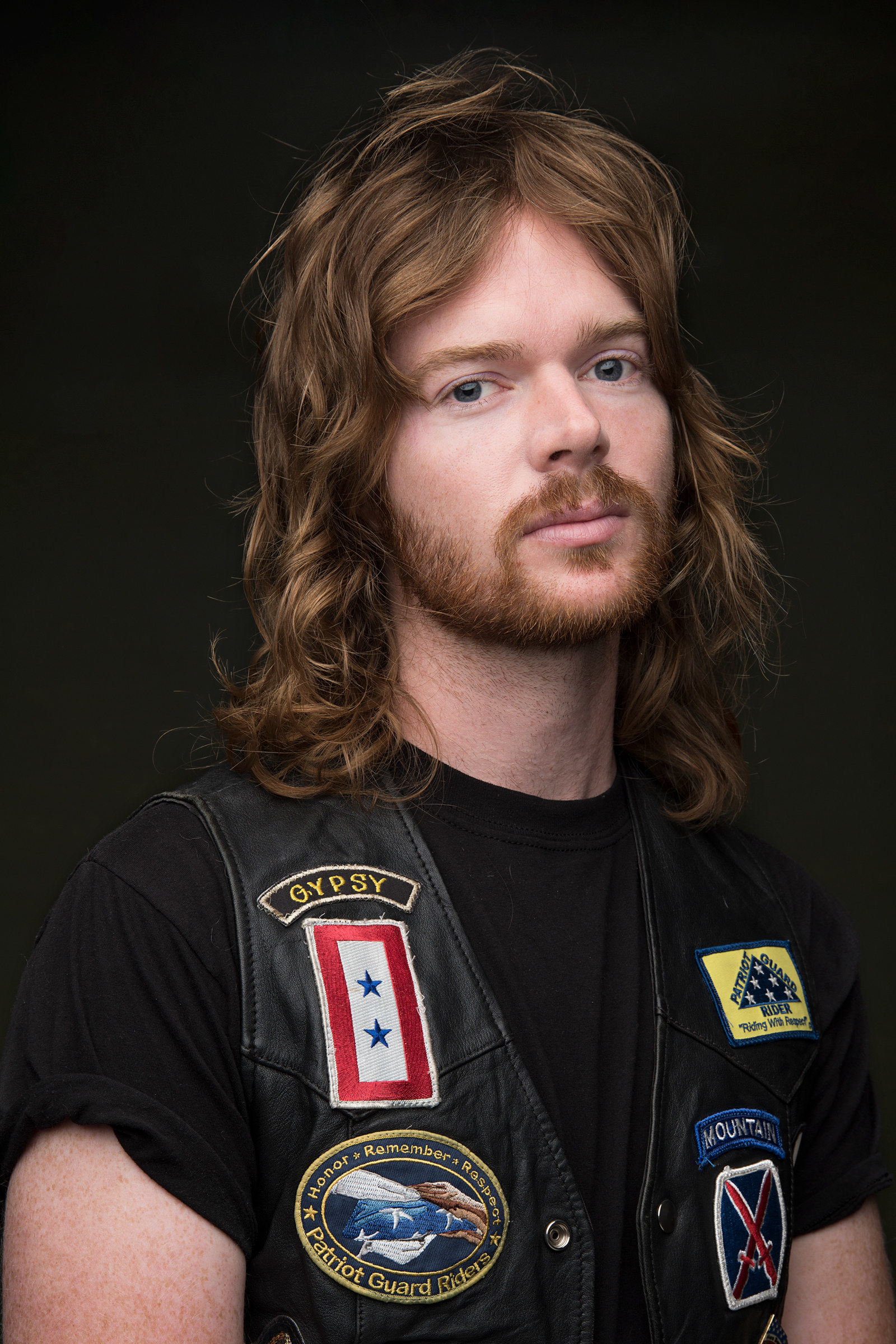
I don't think I even really liked drinking — it just seemed to make things a lot easier. And it seemed to make things more fun for awhile. Now when people ask, I tell them that it just doesn’t suit me... it doesn’t do anything for my spiritual state, my mental state, or my creative state. It takes from that and I don’t want to play with fire.
I used to really run on adrenaline, which I still do at times, but it’s different, and I’m more thoughtful now. I feel more creative and more myself now. It feels like I can create more authentically and show parts of myself that no longer scare me. And that’s a big deal to me. I don’t want to use my platform to promote sobriety... I want to use my platform to promote being yourself and being authentic and doing what feels right for you, regardless of what’s going on around you. —William
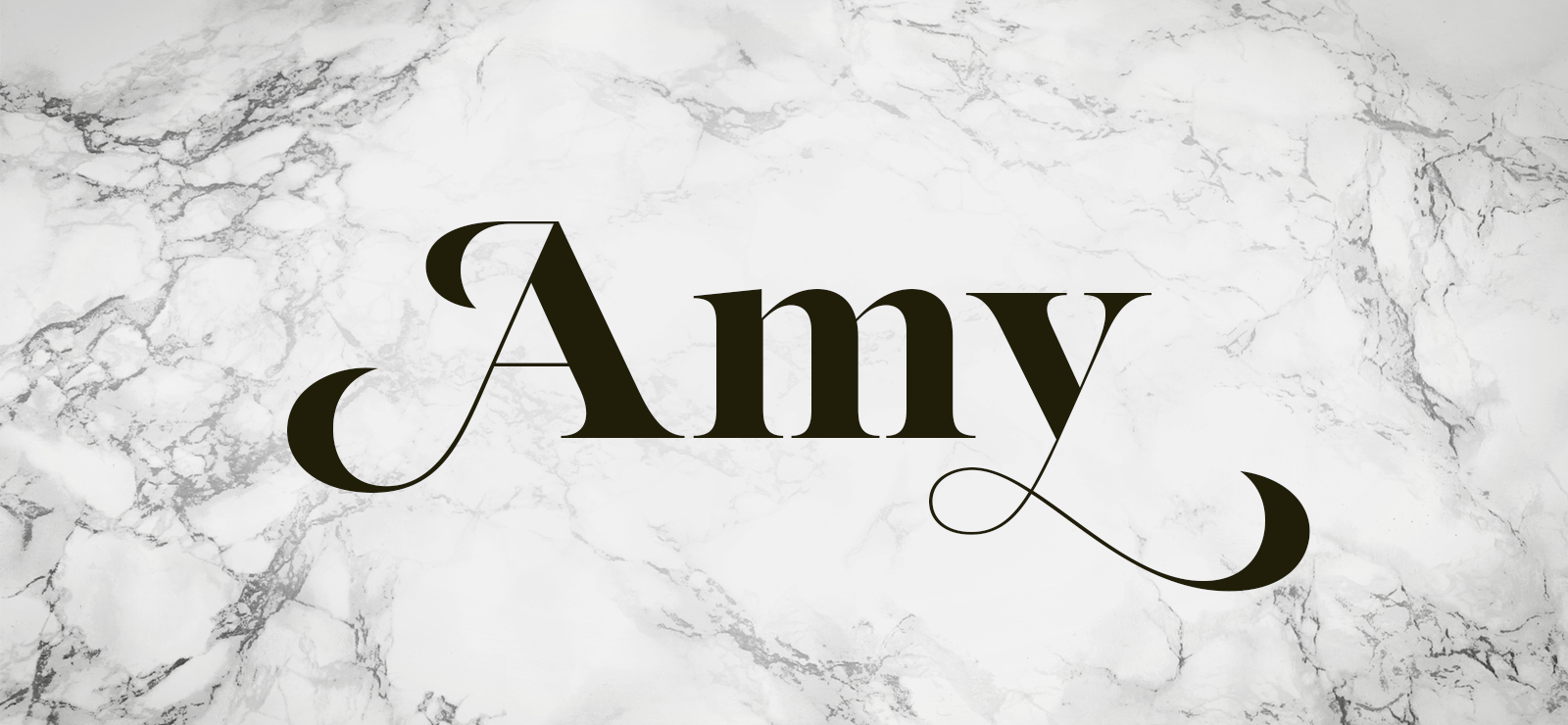
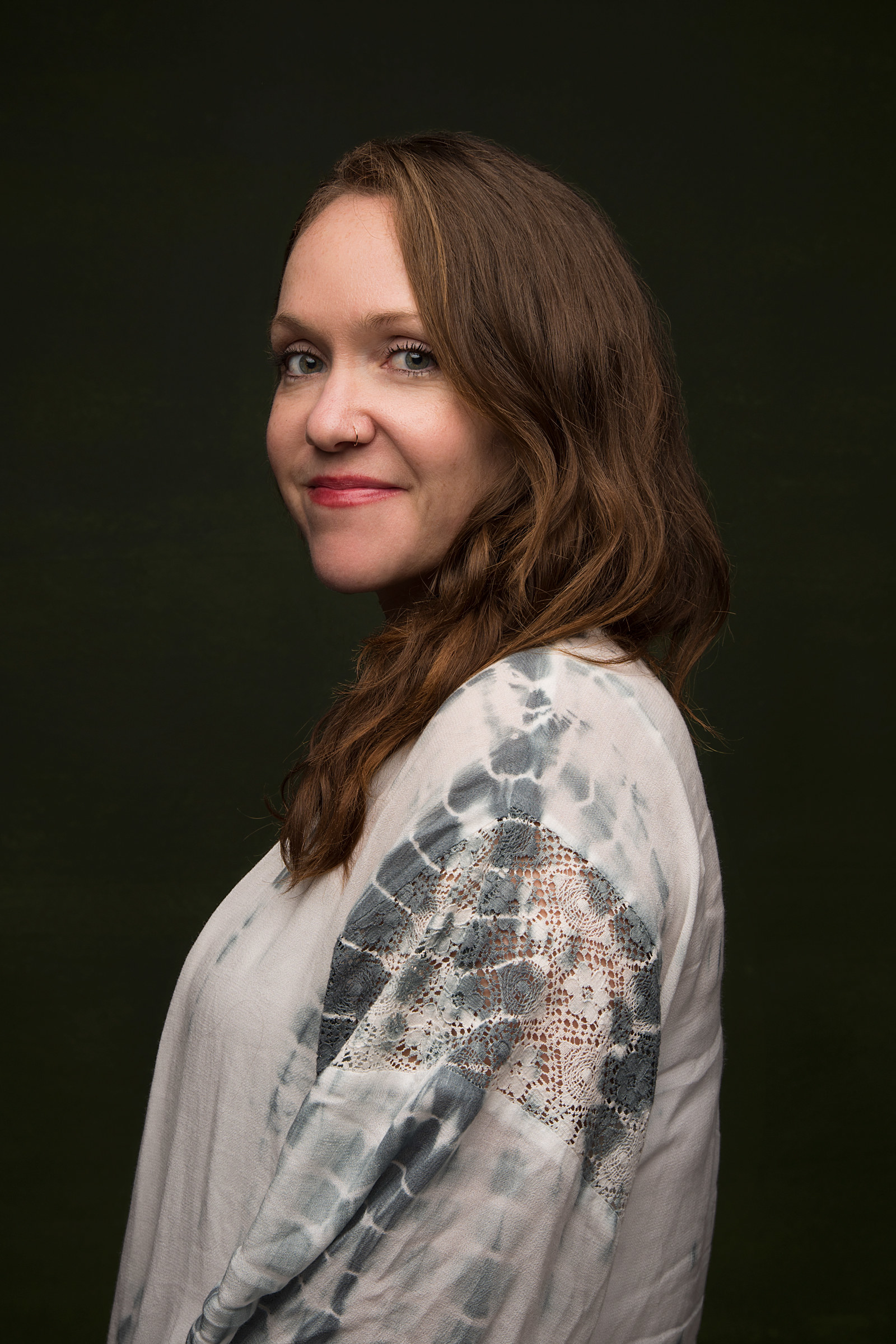
I feel like this is who I was meant to be. And I’m finally becoming that. I spent over a decade knowing that I was supposed to be someone else but constantly getting further and further away from that. So for me, the things that have been difficult like friendships and relationships are different now that I can stand up for myself and set boundaries and I know what I want. I never knew what I wanted, so how would I have known what to ask for? I can walk away from situations now knowing I am able to express myself and not wishing I had the strength to have said or done something. Sometimes I don’t have strength in a moment but I recognize that if I continue to behave the way I had, then nothing’s going to change. And I didn’t stop drinking to act the same way I was when I was drinking.
When I first got sober, I spent the first year finally seeing myself in a way that I had been completely unaware of. And I actually felt a huge relief when I realized what my problem was because I felt like I finally had a solution. The pain that I felt in the beginning when I knew I had a problem but didn’t know the solution was so, so bad. And actually, it was that pain that caused me to be so willing to do anything for sobriety.
I feel like all of the bad decisions that I’ve made in my life and the things that I did that just did not align with who I am, every one of those was me disconnecting from my soul and walking away from it. So even though the first year sober was the most painful year of my life, I was able to breathe again. Every responsibility I took for my life and every apology I gave helped me to finally feel my soul again. It’s like I got to remove those pieces. It’s the hardest but most incredible thing I’ve ever done. —Amy
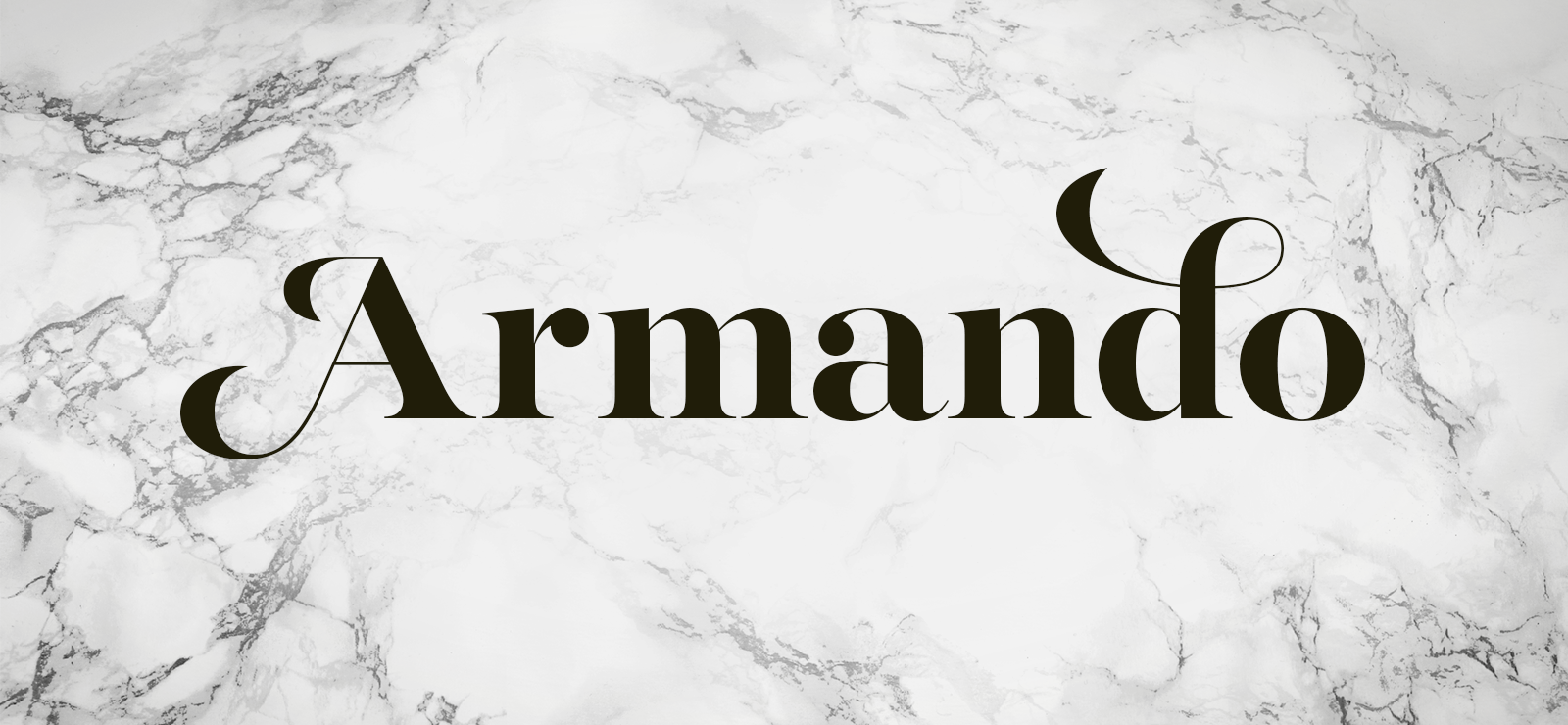
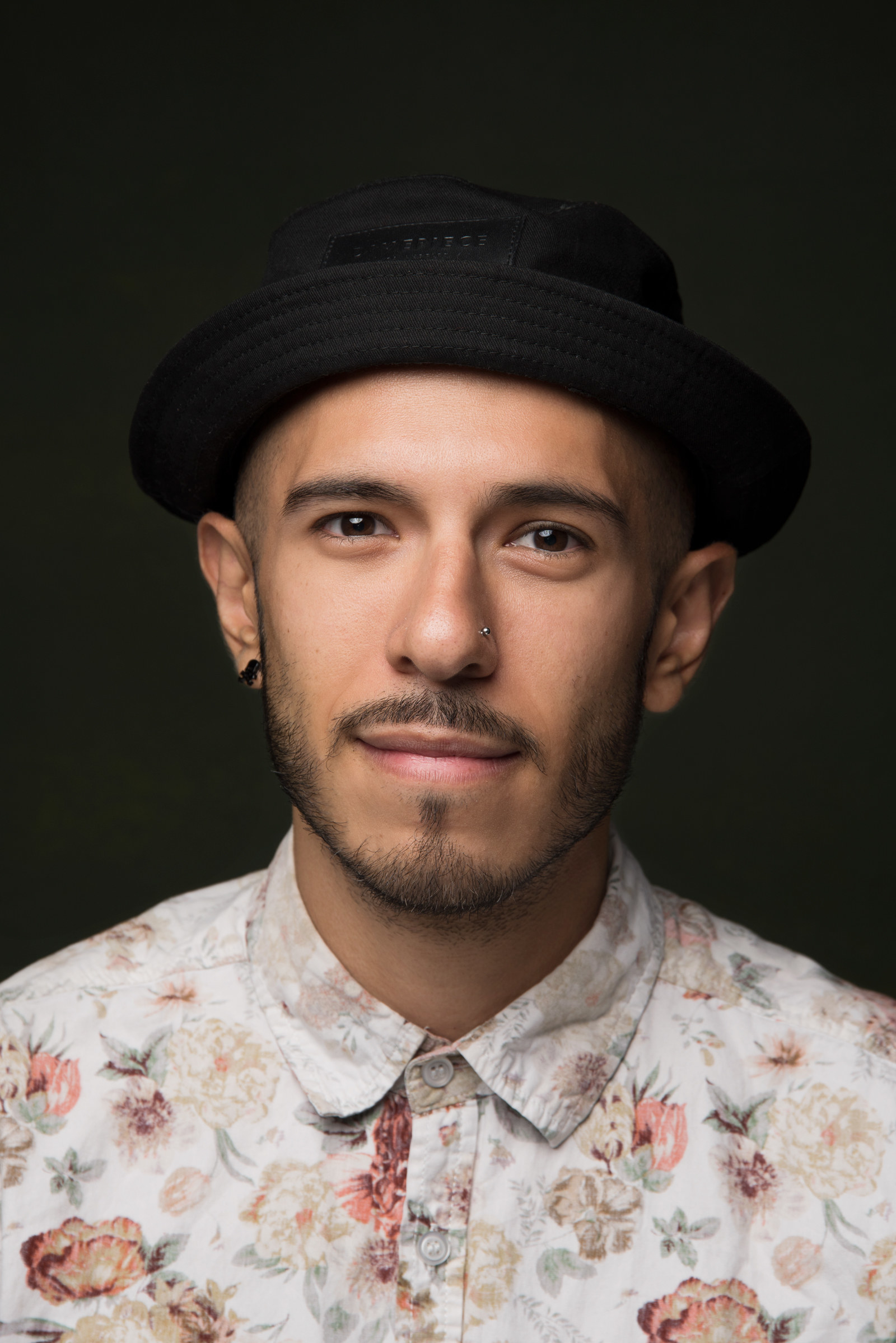
Prior to getting sober, I was kind of just lost. I didn’t really know what my purpose was. I knew I wanted to do things and I would start to do things, but there was never any follow-through. Because I would start something, get taken over by the disease, and then abandon it. I was always just like, What am I doing? I got into the college I wanted to and then dropped out. I got a job I really wanted and then I got fired. I got the relationship I wanted, got the apartment I wanted, I got all of these things that I thought were going to fix me and make me better and I didn’t know that I was broken inside, and that’s what I needed to heal. So when I got sober, it gave me self-esteem, it gave me worth, it gave me a purpose. I didn’t know that I had so much potential to help people. At first it was difficult, but now it’s just become my life.
My biggest fear was that I was going to get sober and all of my friends and all of my fun would get taken away, because I saw "fun" as going to a bar, blacking out, and waking up somewhere else. And today, I look around and see that I’m actually having fun. So for anyone afraid that they might lose themselves, I can say that I’ve gotten the opportunity to find myself. That’s what I would tell someone: I get to be the best version of myself. I get to take all of that other stuff out of the equation that keeps me from being me. —Armando

For more information about alcoholism or to help a loved one find options for help, don’t be afraid to talk to a doctor. They can refer you to local programs and treatment centers. The following resources might also be helpful:
• National Council on Alcoholism and Drug Dependence (NCADD)
• National Institute on Alcohol Abuse and Alcoholism (NIAAA)
• National Institute on Drug Abuse
